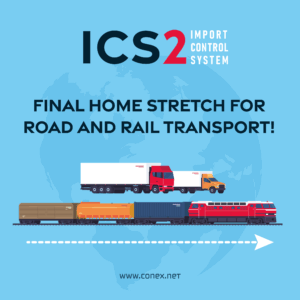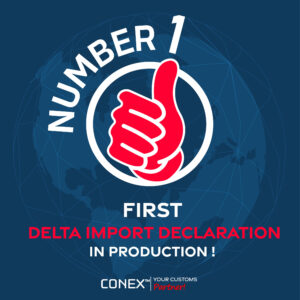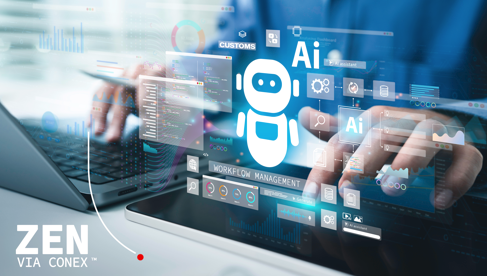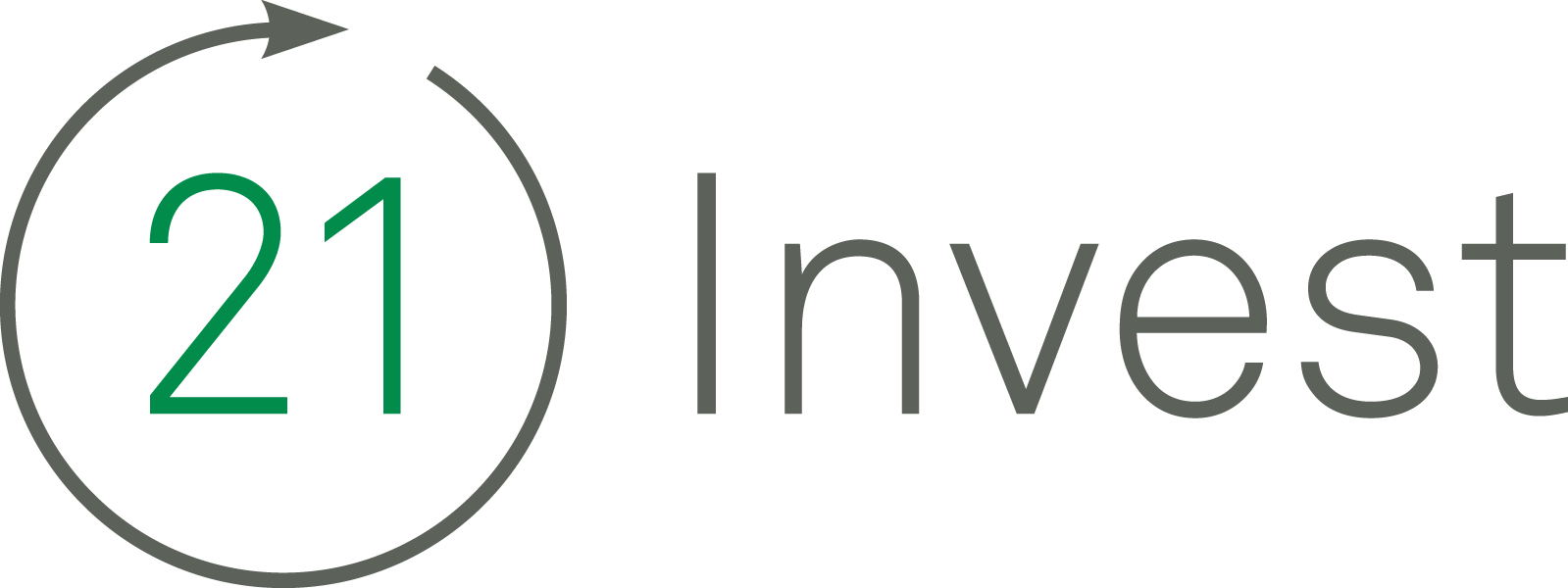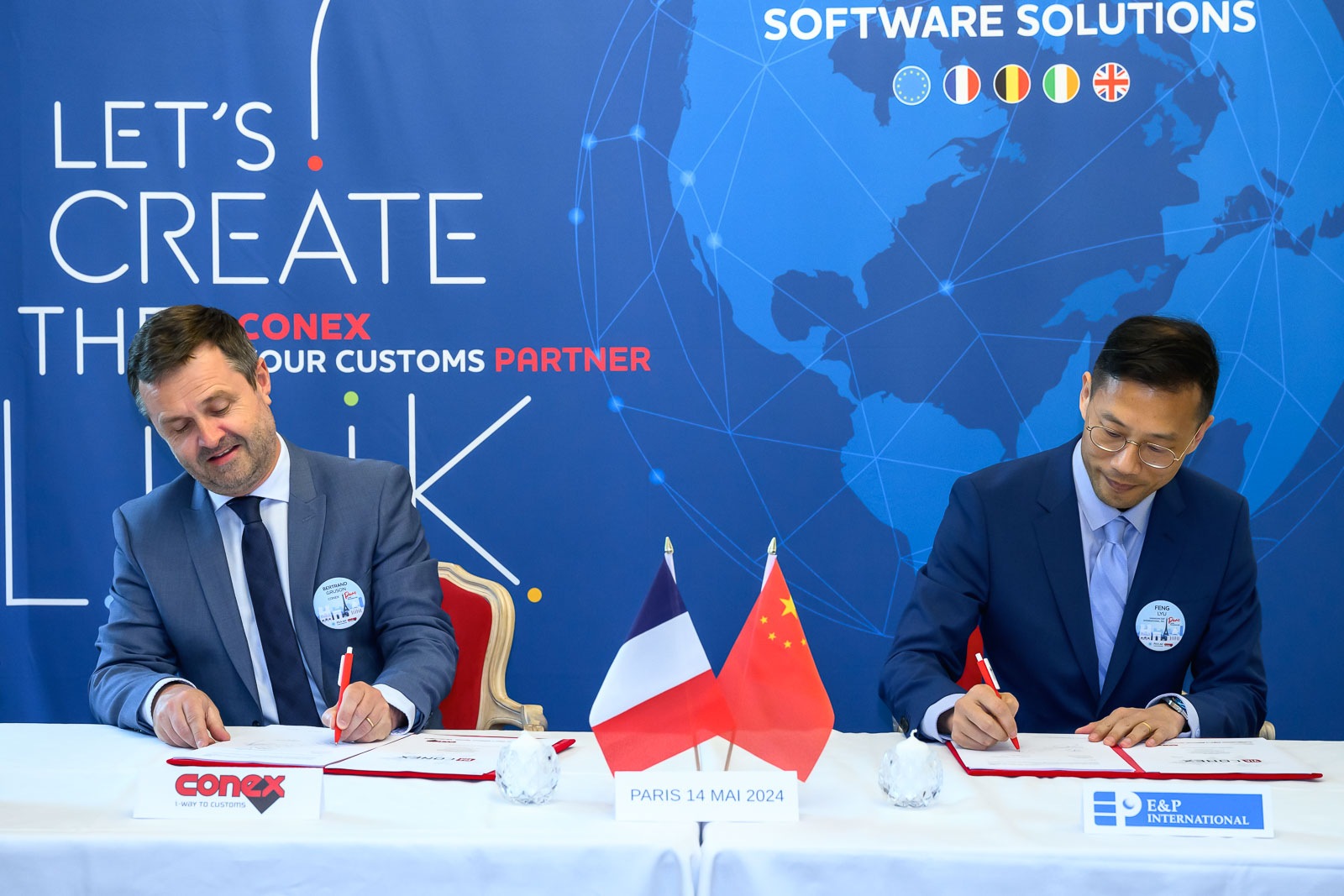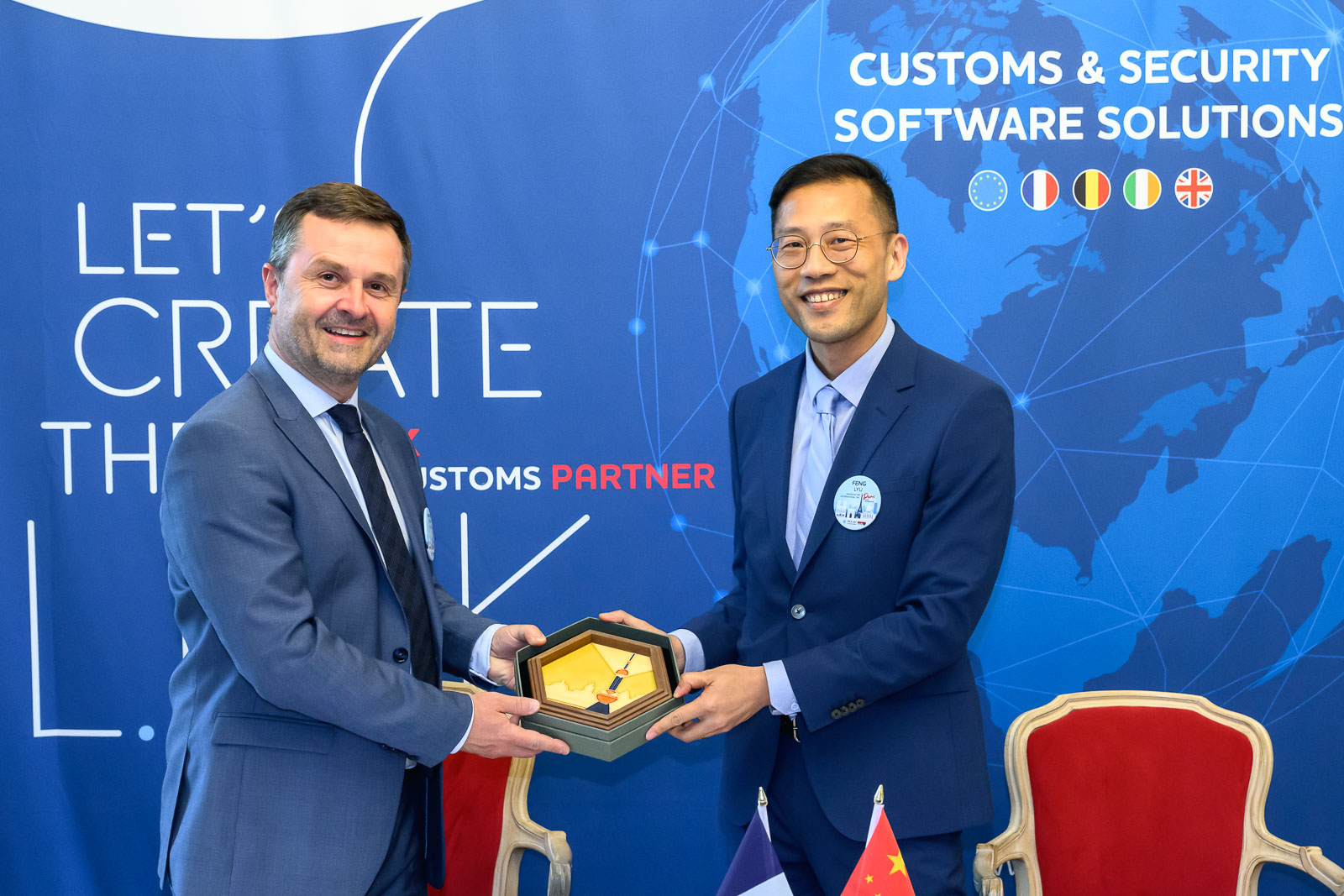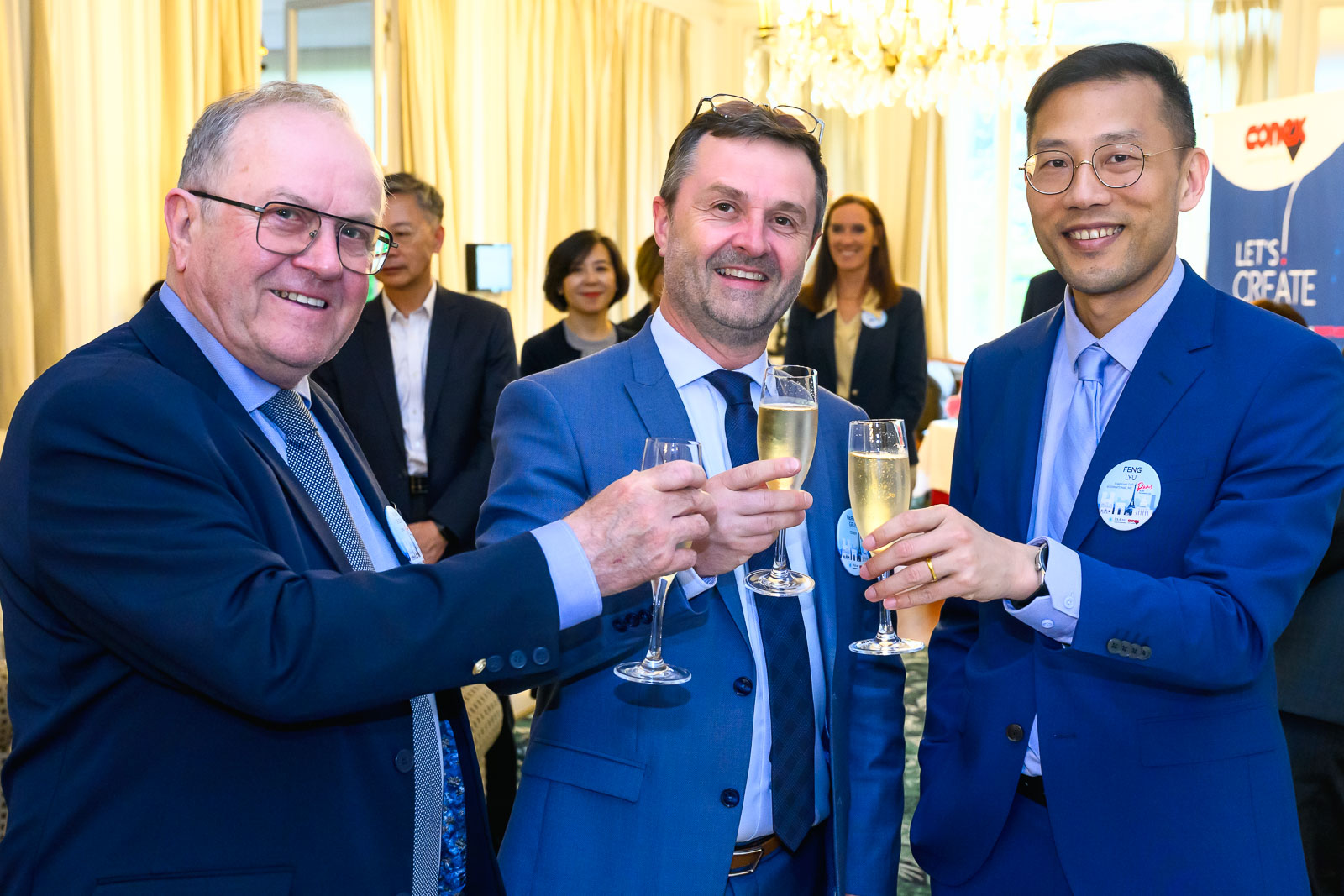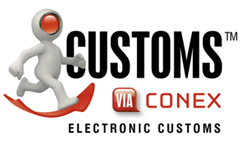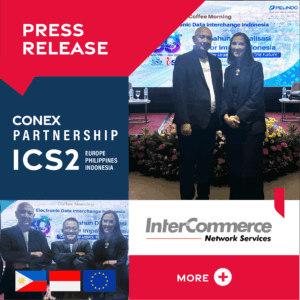
CONEX and InterCommerce sign partnership to support ICS2 compliance for logistics operators in the Philippines and Indonesia
CONEX, a European provider of software solutions for managing customs and security formalities, has announced a strategic partnership with InterCommerce Network Services, the Philippines' leading provider of digital supply chain services.
A partnership built on an international network
This cooperation between CONEX and InterCommerce is born of the international PAA Digital Trade Alliance network, which brings together key players in trade and the digital supply chain. The members of this network work closely together to explore opportunities to facilitate the secure exchange of data between international trade operators and customs authorities.
CONEX and InterCommerce, both active members of this network, are strengthening their collaboration to better support economic operators in South-East Asia towards compliance with European regulations.
With this partnership, CONEX is strengthening its presence in Asia, where it is already the technological and strategic partner for the management of ICS2 formalities for major players in China and Malaysia.
A partnership that opens up the Philippine and Indonesian markets to CONEX
This agreement covers the provision of the ICS2 module of the SAFE via conex™ solution, which enables Philippine freight forwarders and logistics operators to transmit the Entry Summary Declarations (ENS) required by European customs as part of the roll-out of version 2 of the Import Control System (ICS2).
Under this partnership, InterCommerce acts as ICS2 operator for the Philippines. In addition, as InterCommerce has also been designated ICS2 operator for Indonesia, the partnership gives CONEX access to this strategic market in South-East Asia.
As a result, Indonesian operators will also be able to use InterCommerce's portal to benefit from CONEX's solutions for securing their flows to the European Union.
"We are delighted to be working with CONEX to support Philippine freight forwarders in achieving seamless compliance with the EU's Import Control System 2 (ICS2). Through this partnership, InterCommerce ensures the timely transmission of Entry Summary Declarations (ENS) to European Customs, enabling our customers to maintain the smooth flow of their shipments while complying with ever-changing regulations. This collaboration illustrates our shared commitment to digital innovation andto facilitating secure and efficient international trade," explains Francis Norman Lopez, CEO of InterCommerce.
CONEX is the technological operator of choice for the entry of ICS2 flows managed via this portal to the European Union. This cooperation model illustrates CONEX's desire to rely on trusted partners with a strong local presence to support Asian companies in their trade with Europe.
A new stage in CONEX's international development
The official launch of ICS2 in Indonesia will take place on 24 June 2025 in Jakarta, at an event organised by InterCommerce partner, PT EDII, in which CONEX will be taking part.
With this partnership, CONEX reinforces its position as a reference in the ICS2 formalities management market and continues its commitment to secure and fluid international trade.
"This partnership with InterCommerce marks a new stage in the expansion of our network of partners in Asia. Following a number of successful collaborations in other countries in the region, we are delighted to be able to support operators in the Philippines and Indonesia in their efforts to comply with ICS2. This partnership approach, based on our complementary expertise, enables us to offer international trade players robust solutions tailored to the specific features of each market", says Bertrand Gruson, CEO of CONEX.
About PAA
The PAA - Digital Trade Alliance - has around twenty members representing international trade platforms involved in import/export formalities and their digitisation, in China, Taiwan, Hong Kong, Indonesia, India, Japan, Korea, Malaysia and New Zealand, as well as in the Philippines, Singapore and Thailand, Senegal and Europe. Created in 2000, the alliance continues to grow. It brings together the key players in international trade in each country; in Asia, they serve 350,000 operators, almost all the trading companies active in the region. Together, they process several hundred million customs declarations a year. Their discussions and work aim to promote and provide secure, reliable and value-added IT infrastructures and equipment for efficient trade and logistics.
For more information: https://paa.net/
About ICS2
The European Union makes the security of its citizens and the single market an absolute priority. Every year, trillions of euros worth of goods are imported into the EU. The 27 members of the EU now account for around 15% of world trade in goods. This new system for declaring advance information on goods entering the EU supports the implementation of the European Union Customs Code and the customs risk management programme aimed at better protecting the single market and EU citizens.
About InterCommerce
InterCommerce Network Services, Inc. is the Philippines' leading provider of digital supply chain management services and business-to-business data exchange solutions. A key player in the digitalisation of international trade, InterCommerce is also the ICS2 operator for the Philippines and Indonesia.
Agence C3M
Michelle Amiard, michelle@agence-c3M.com
